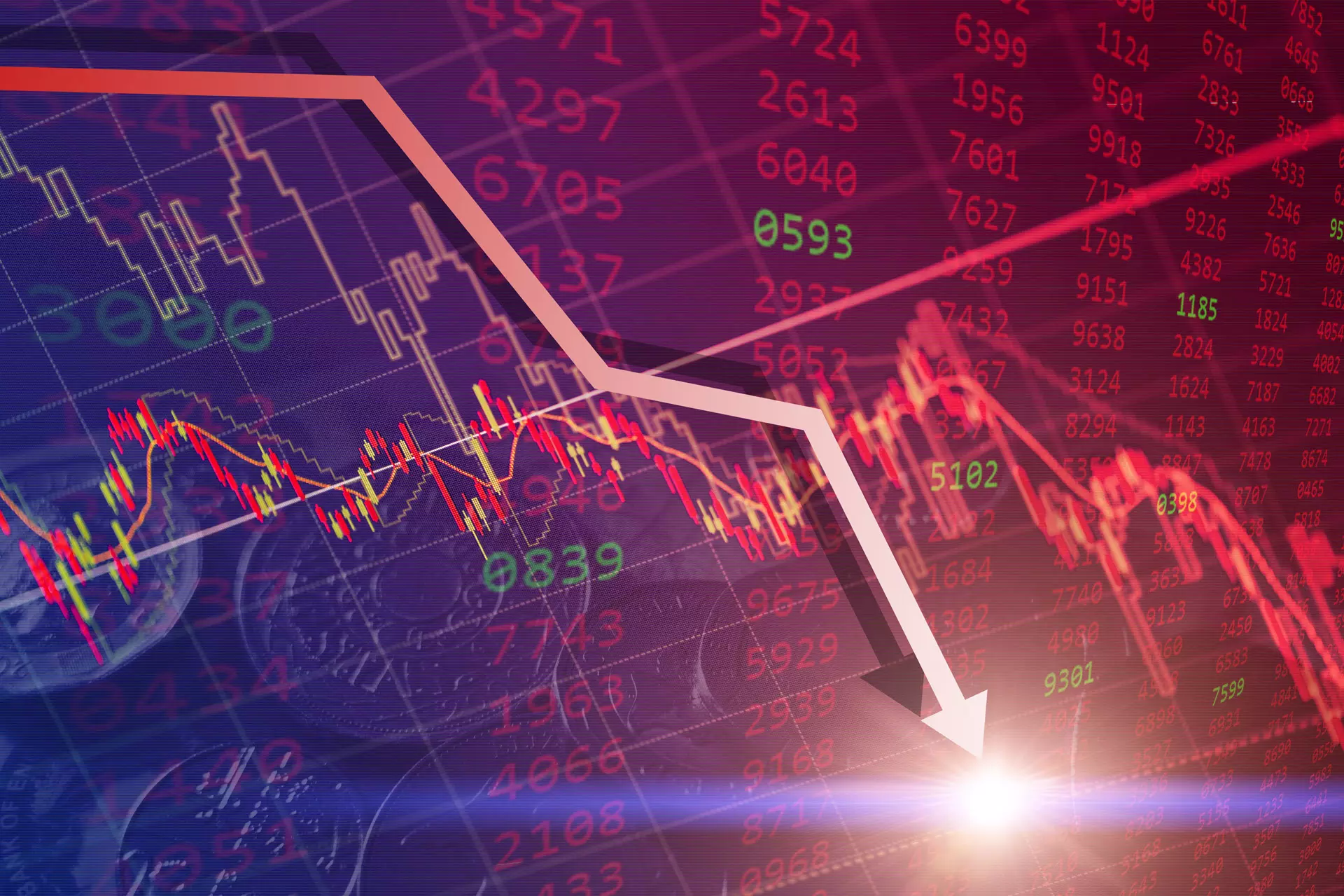
Social peace is a pre-requisite for economic stability
text_fieldsIndian Prime Minister had said in April that India was ready to supply food to other countries if the World Trade Organization allowed it. But one month later, in May the country had to withdraw even from the scheduled food exports. It was the Ukraine war that caused food shortages in many countries, and India claimed that it had the solution. Plans were made to export wheat to nine countries. However,close on the heels of that, the country had to pull out due to the worst inflation in eight years. Criticisms have been levelled that the crisis was caused by inefficient wheat procurement and that the ban on exports resulted in the farmers not getting better prices. In any case, there are signs that inflation and price rise are beginning to significantly affect the country's economic security and social well-being. Exports, which were supposed to improve trade balance, had to be banned on the grounds that food security itself was at stake. The Reserve Bank of India (RBI) raised interest rates to control inflation very recently. This will also add to the burden on the people. Inflation has risen, only that it has not got out of hand. LPG prices are at an all-time high and so are fuel prices. The government levies a tax of 260 per cent in India on oil, which is taxed at only 20 per cent in the United States. Yet the fleecing continues. The wholesale price index is also at a record high level. Various international agencies have lowered India's growth projections.
Rhetoric of a five trillion economy are now not being heard. 'Atmanirbhar Bharat' has come to mean nothing more than a political claim. The policy we adopted earlier in the name of financial self-sufficiency had borne fruit in the past. It was during Nehru's rule that we made great strides in industrial, educational and construction sectors in a big way. Even then we had to import a lot. Self-reliance has now been rendered unsteady, a situation that has not changed to this day. It is a fact that no country in the world can survive without interdependence. The engines of the Tejas fighter we now proudly cite are those made by General Electric in the US. About 55% of components of ISRO's 'home-made' satellites are imported. Eighty-five percent of the fuel we use is imported. Although interdependence is a reality, it cannot become economic slavery. It was during the famine in India in the 1960s, when US President Lyndon Johnson made it an opportunity to try to enslave us, that we made a leap towards food self-sufficiency and rose from food imports to exports. The urge for this came from an ideal and the energy that emanated from a sense of pride. Today, when China invaded our territories, we initially denied it; then just for the sake of it, some Chinese apps were banned. But even then, major imports from China continued to grow. Despite passage of eight years after the launch of the 'Make in India' project, dependence on China has not changed significantly. PLI (Productivity Linked Incentives) scheme was implemented to boost productivity. It is only a hope that it will work. There was also an announcement that India will become a world-class pharma hub producing the medicines the world needs. However, many of the essential ingredients (Active Pharmaceutical Ingredients) must come from China.The philosophy and policies are more important than plans to be guided by them. The policy of those like Nehru was to surge ahead with inclusion of all Indians. They knew that social security and harmony were the pre-requisites for economic well-being
Today, however, big slogans are emerging but inequality is causing a chasm in society. Caste corrupts work culture.Crony capitalism influences governmental machinery. Employment sector is collapsing. As per a Bloomberg estimate, 20 million women were thrown out of employment in India during 2017-22. In March alone, 38 lakh people lost their jobs. Despite the availability of cheap labor, seven major companies in the automobile sector alone have left India. All of this indicates that our economic security is directly linked to our social climate and communal harmony. It is not for nothing that, like in economic statistical indices, we are lagging behind in many areas, including democracy, religious harmony, freedom of the press, level of happiness, 'Ease of Doing Business', economic and social equality, and the rating of international agencies. That there will be economic security where there is social security is truer than that there will be social security where there is economic stability.























